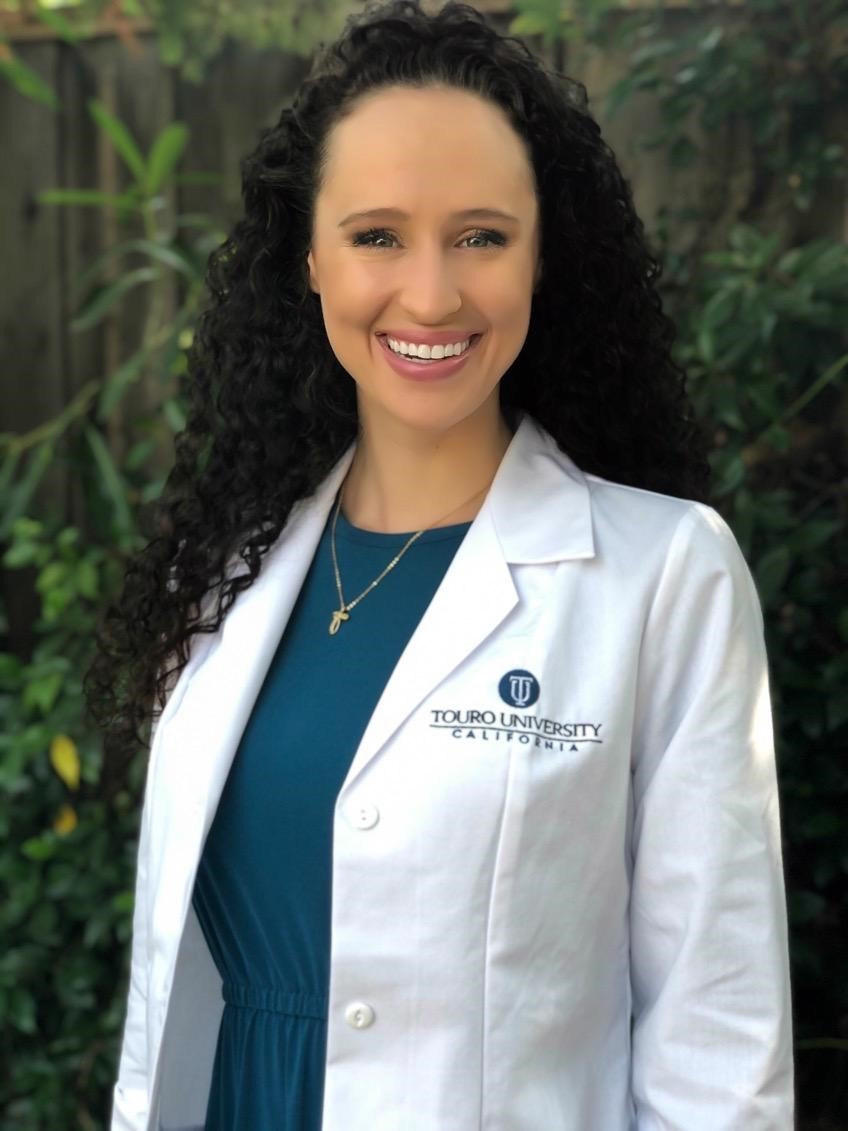Student Finds Rotation On Campus
Physician Assistant Student Finds Rotation Opportunity On Campus

Physician Assistants learn and train in much the same way as their medical school counterparts – they have coursework but must also complete a series of rotations as part of their education.
Like doctors, PAs can serve as primary care providers for patients or can serve in a number of ranging categories, making these rotations important from an experiential standpoint, but they are useful in helping students learn what specialties are out there and what they may or may not enjoy doing vocationally.
The COVID-19 pandemic made these rotations difficult – and sometimes impossible – but for PA student Kate Riley, her rotation with the Diabetes Research Education and Management (DREAM) team checked off a lot of boxes. While life in general was turned upside down by COVID restrictions, Riley was able to continue in-person status in her rotation. In addition – as is often the case with all rotations – it strengthened both Riley’s knowledge and confidence related to diabetes education.
“During my 12-week rotation, the focus was based on developing and applying diabetes treatment modalities, managing complex diabetes cases, and incorporating team-based care,” Riley said. “Before the DREAM rotation, I was very hesitant to prescribe insulin as I did not have the confidence behind my extensive knowledge in insulin management.”
According to the Diabetes Attitudes, Wishes, and Needs (DAWN) study, 50% of general practitioners delay insulin therapy until they believe it is necessary. However, diabetes specialists and opinion leaders are less likely to delay treatment.
“Knowing this information before starting my rotation, I wanted to change the stigma and feel competent and confident in my treatment plans,” Riley said.
Riley immersed herself in journal articles to understand every aspect of diabetes, which is a condition of layered complications that can be difficult to fully grasp with just a surface understanding.
She also met with the Mobile Diabetes Education Center (MOBEC) team to understand the public health component of diabetes, a necessary piece of her education as Touro PA students are enrolled in a Joint MSPAS/MPH program.
Riley also learned by walking a figurative mile in the shoes of her would-be patients.
“I was given opportunities to put myself in my patient shoes to understand their barriers to care and further fears of diabetes treatment modalities,” Riley said. “For example – I was able to wear a continuous glucose monitor (CGM). This gave me the patients perspective of a CGM so I could not only properly educate my patient on the device but also understand the barriers or fears that may exist when introducing this device to the patient.”
This rotation experience has taken what was once an area of doubt and concern for Riley and turned it into a strength.
